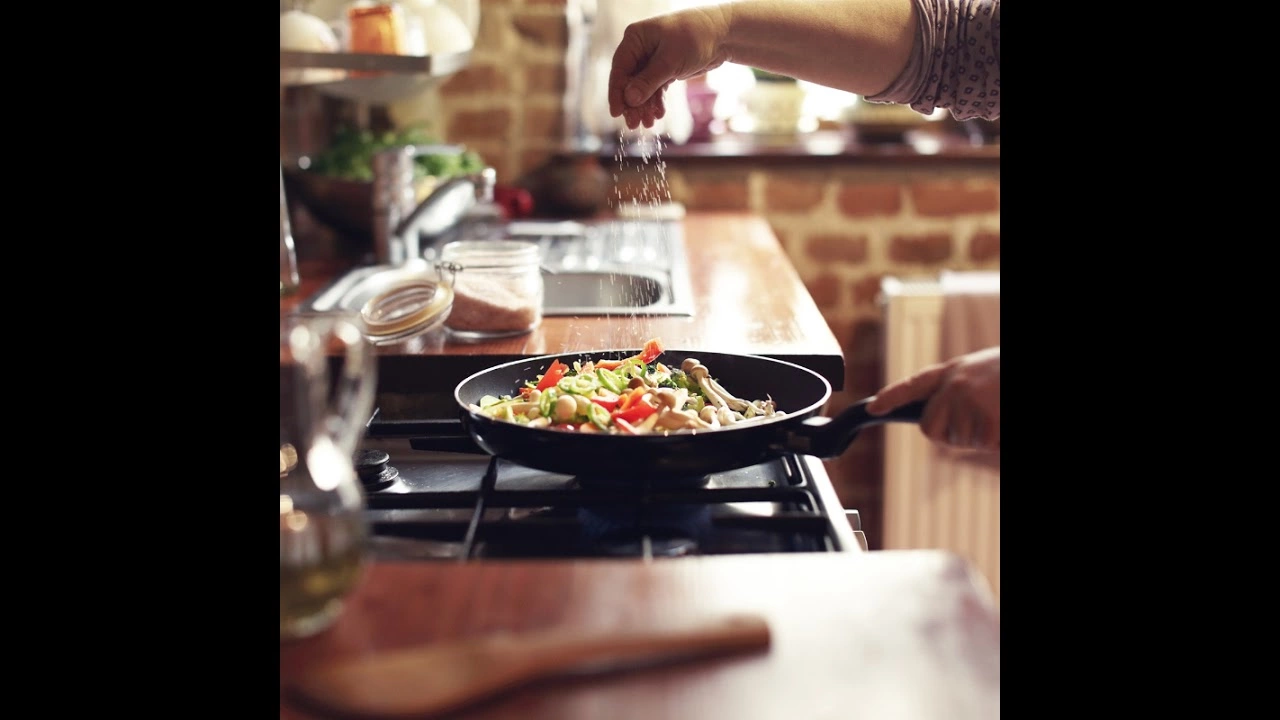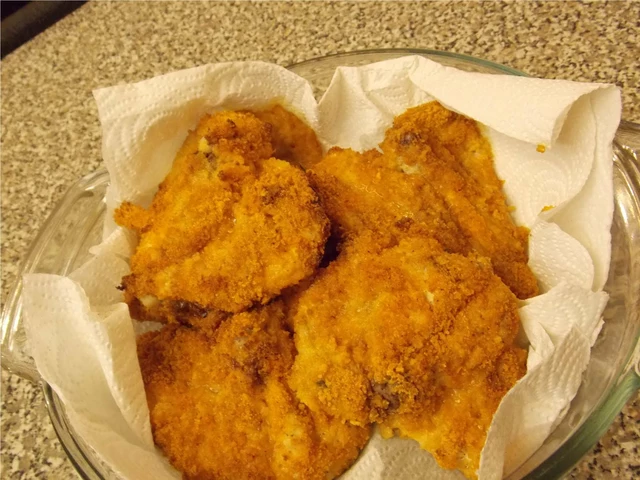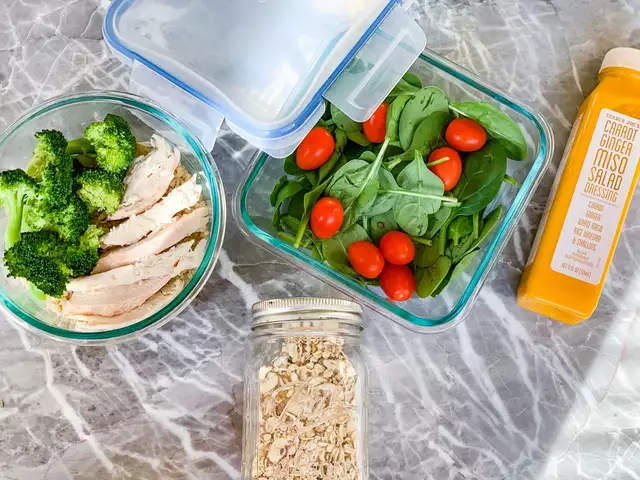Do you use recipes every time you cook from scratch?

Understanding the Importance of Recipes
When we talk about cooking, one of the first things that comes to mind is the recipe - a guide that helps us navigate the culinary world. The importance of recipes cannot be understated. They provide precise instructions, exact measurements and specific steps to follow. This ensures that the dish turns out as expected, especially if you are a beginner in cooking. However, it's equally important to understand that recipes are more like guidelines rather than strict rules. They offer a starting point, a basic framework from which you can expand your culinary skills and creativity.
Exploring the Joy of Cooking from Scratch
Cooking from scratch is an incredibly rewarding experience. It allows you to have complete control over what goes into your food, ensuring that it's healthy and fits your dietary requirements. Moreover, it's a fantastic way to showcase your culinary skills and creativity. There's a certain sense of accomplishment in taking raw ingredients and transforming them into a delicious dish. However, does this always require a recipe? Not necessarily. After all, cooking is as much an art as it is a science.
The Freedom of Improvisation in Cooking
Improvisation is the heart of cooking. It's about trusting your instincts, understanding the basics of how ingredients work together, and making adjustments based on what you have on hand or what you feel like eating. It's about experimenting, making mistakes, learning, and growing as a cook. And the best part? You don't always need a recipe for this. Once you've mastered the basics, you can start playing around with different ingredients and techniques to create something truly unique.
Using Recipes as a Guide, Not a Rule
While recipes are helpful, especially for beginners, they shouldn't be seen as a set of strict rules that must be followed to the letter. Instead, think of them as a guide that can be adjusted and adapted to suit your taste. This is where your culinary creativity comes into play. Don't be afraid to switch out ingredients, play around with quantities, or even change the cooking method. Remember, the most important thing is that you enjoy the process and the result.
When to Stick to Recipes
There are times when sticking to a recipe is important. This is especially true when baking, where precise measurements and specific techniques are crucial to achieving the desired result. In these cases, deviating from the recipe can lead to less-than-desirable outcomes. It's also important to follow recipes when you're trying a new dish or cuisine for the first time. This will help you understand the basic flavors and techniques, which you can then modify as you become more familiar with the dish.
Expanding Your Culinary Repertoire Without Recipes
Once you've gained confidence in your cooking skills, you can start to branch out and try new things without the need for a recipe. This is a great way to expand your culinary repertoire and discover new flavors and techniques. Start with simple dishes and gradually work your way up to more complex ones. Remember, the goal is not to make a perfect dish every time, but to learn and grow as a cook.
Developing Your Culinary Intuition
One of the most important skills you can develop as a cook is culinary intuition. This is the ability to understand how flavors, textures, and ingredients work together without the need for a recipe. It's about trusting your taste buds and your instincts. This skill is developed over time, through trial and error, experience, and a willingness to experiment. So don't be afraid to step away from the recipe and trust your gut.
Conclusion: The Balance Between Recipes and Improvisation
In conclusion, while recipes are a great tool for learning and perfecting your cooking skills, they shouldn't be seen as the be-all and end-all of cooking. There's a lot to be said for improvisation, experimentation, and trusting your culinary intuition. So whether you're a novice cook or a seasoned chef, don't be afraid to step out of your comfort zone, try new things, and make the kitchen your playground. After all, cooking should be fun, enjoyable, and above all, delicious.




